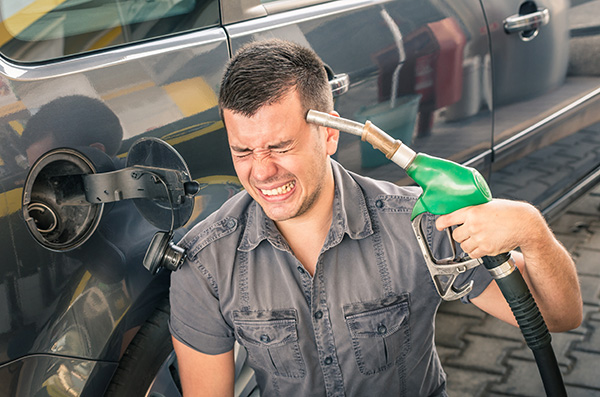
Have you noticed your trips to the gas station are becoming more frequent during the colder months? It’s not your imagination. All drivers experience a drop in fuel efficiency when temperatures take a nosedive. But why does this happen, and what can you do about it? Let’s find out the reasons behind winter’s impact on your car’s MPG.
The Impact of Cold Air on Your Engine
Cold weather can make your engine work harder. When temperatures drop, the engine oil thickens, increasing resistance. This means your engine needs more effort (and fuel) to operate efficiently. Also, engines take longer to warm up in winter, and they burn more fuel than usual during this warm-up period. These factors are especially noticeable for drivers in places like Portland, CT, where winters can be harsh.
Increased Use of Accessories
Winter driving comes with added comforts that drain your fuel tank faster. From blasting the heater to defrosting your windshield or using heated seats, all these features draw power. This increased demand on your car’s electrical system causes the alternator to work overtime, which indirectly consumes more fuel. While staying warm is essential, it’s worth understanding how these conveniences affect your gas mileage.
Winter-Grade Fuel
Did you know gas stations often switch to winter-grade fuel blends during the colder months? While this fuel is formulated to prevent gelling and ensure reliability in low temperatures, it contains fewer energy-dense components than summer-grade fuel. The result? Your car’s engine burns more fuel to produce the same amount of energy, which leads to reduced fuel efficiency.
Tire Performance in the Cold
Cold weather affects your tires, too. As temperatures drop, the air inside your tires contracts, leading to lower tire pressure. Underinflated tires create more rolling resistance, which means your engine has to use more power to keep you moving. Regularly checking and adjusting your tire pressure during winter can help mitigate this issue. And if you’re using snow tires, keep in mind that while they’re great for traction, they’re often less fuel-efficient due to their heavier build and specialized tread patterns.
Shorter Trips Take a Toll
Winter often means more short trips—whether it’s running errands or staying close to home to avoid bad weather. Unfortunately, short trips don’t give your engine enough time to reach its optimal operating temperature. A cold engine burns more fuel, so a series of short drives can quickly add up to reduced gas mileage.
Traffic and Idling
Winter traffic can be a nightmare, with icy roads and snowstorms causing delays. Sitting in stop-and-go traffic or idling while your car warms up consumes fuel without getting you anywhere. This wasted fuel significantly impacts your overall efficiency, especially during the colder months.
How Can You Improve Winter Fuel Efficiency
While winter will always pose challenges, there are steps you can take to improve your fuel economy. Start by keeping your car well-maintained with regular inspections and servicing. Ensure your tires are inflated to the recommended pressure, and consider using a block heater to pre-warm your engine. Driving smoothly, reducing idling time, and consolidating trips can also help minimize the impact of cold weather on your gas mileage.
Struggling with reduced fuel efficiency this winter? Visit Portland Automotive in Portland, CT. Our expert team will ensure your car is ready to handle the cold with top-notch maintenance and inspections.